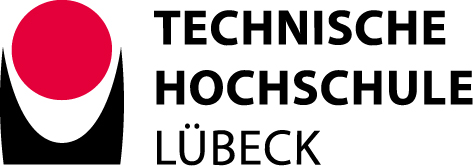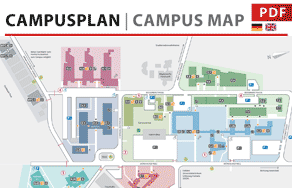Environmental Management, M.Sc.
Graduates of this program are familiar with the basic methods and approaches of environmental management. They are able to apply these methods in a variety of contexts. This enables them to successfully tackle complex challenges in leadership positions within companies, government agencies and NGOs. Their ability to systematically analyze problems and derive criteria enables them to develop interdisciplinary solutions. They are adept at considering the interactions between technology, society and the environment, particularly with regard to environmental issues.
In addition, our graduates are able to tackle advanced problems by applying modeling techniques to environmental systems. They are able to identify and derive relevant indicators, for example in the context of monitoring programs. They are familiar with various models and methods for describing interactions and are able to select appropriate parameters. They are also able to process, integrate and evaluate reliable data sources, such as results from monitoring programs or satellite images.
Our graduates are experienced in project-oriented work and are able to present their results in a structured and convincing way. They are aware of the capabilities, limitations and challenges of the tools and technologies they use, including modern approaches such as artificial intelligence and technical processes.
Course Contents:
In the first and second semesters, students complete basic modules, specialization modules and competence projects.
In the basic modules, students learn how to work scientifically, distinguish between analysis and evaluation, and acquire the tools to deal with large amounts of data.
The specialization modules Environmental Simulation and Applied Mathematical Modelling focus on the modelling of environmental systems and provide a link to current scientific research questions.
In the specialization courses Industrial Ecology and Advanced LCA, the interaction between the (natural) environment and economic activity is addressed, and in addition to assessment methods, approaches to solutions are also explored.
In the interdisciplinary competence projects, students work on specific research questions in interdisciplinary teams. They work together to find solutions that cannot be found by one specialized discipline alone.
The Master's thesis is written in the third semester. This is carried out with external practice partners from business, research or public authorities or within research projects at TH Lübeck.




